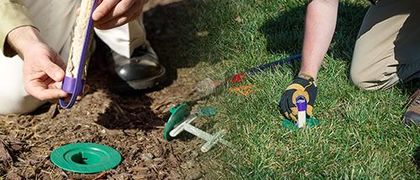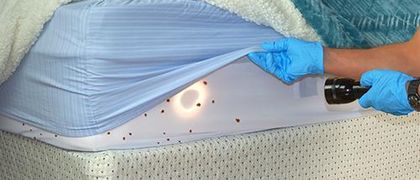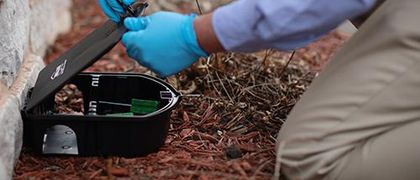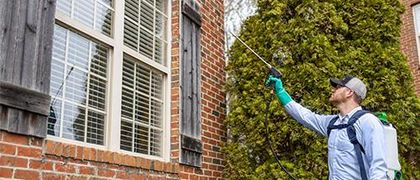The Hidden Mosquito Breeding Grounds in Omaha You’re Probably Missing
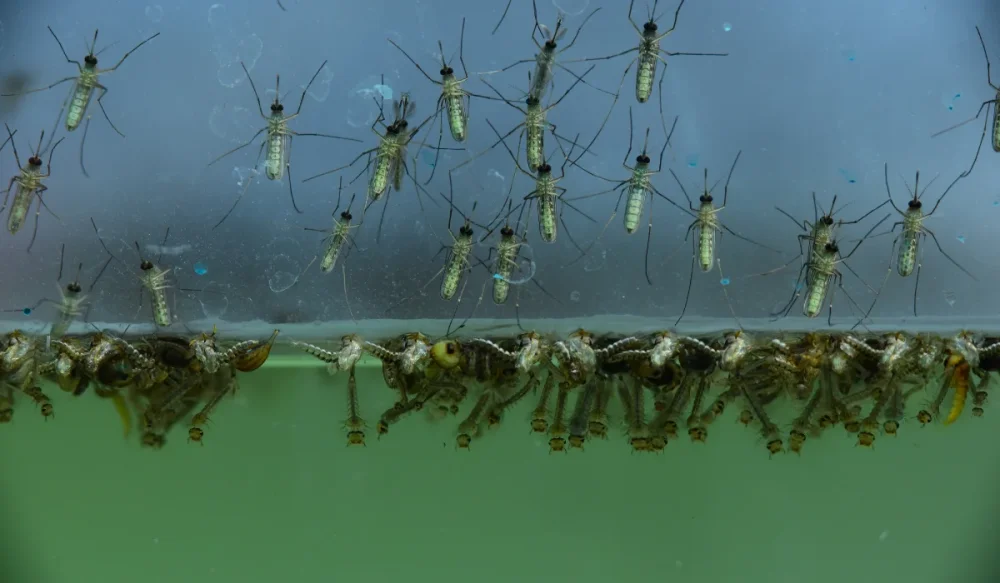
When it comes to summer in Omaha, most folks think about grilling, baseball games, and spending time outside. But unfortunately, warmer weather also means one big thing: mosquitoes.
While you’re swatting them away at your next barbecue, there’s a good chance they came from a mosquito breeding ground in your backyard, and you might not even know it.
In this article, we’ll walk you through the unexpected places mosquitoes thrive and how you can take action before things get worse.
Key Takeaways
- Female mosquitoes lay eggs in small amounts of standing water, often in places people miss, like gutters, toys, or plant trays.
- Common breeding grounds include gutters, bird baths, flowerpots, and even bottle caps.
- Reducing mosquito populations helps protect your family from mosquito-borne illnesses like West Nile virus.
- Professional mosquito control services in Omaha can provide effective, long-term relief.
Why Omaha Residents Should Care About Mosquito Breeding Grounds
Mosquitoes aren’t just a nuisance. In Nebraska, and particularly in Omaha, cases of West Nile virus tend to spike in late summer. The primary vector? The Culex mosquito breeds in warm, stagnant water.
Unlike other pests that might invade your home, mosquitoes often start right outside. And while most homeowners think of ponds or marshes, many of the most active mosquito breeding grounds in Omaha are far less noticeable.
Where Mosquitoes Breed: The Common and the Unexpected
Mosquitoes lay their eggs in standing water. The entire life cycle from egg to adult can happen in less than two weeks under the right conditions. Here are some spots around your home that may be hiding mosquito larvae:
Clogged Gutters
Leaves and debris trap rainwater in your gutters, creating a mini-pool that’s perfect for mosquito eggs. You won’t see the mosquitoes until they’re biting, but by then, it’s too late.
Bird Baths and Pet Water Bowls
Mosquitoes often lay eggs in bird baths and pet water bowls, especially if the water sits for more than a couple of days.
Flowerpots and Plant Saucers
You might not think twice about that extra water in the bottom of your potted plant tray. But for female mosquitoes, that’s a perfect spot for laying eggs.
Old Tires and Yard Equipment
Tires, buckets, and wheelbarrows left outside often collect rainwater, a perfect spot for mosquitoes to breed.
Toys and Plastic Containers
A capful of water is enough for a mosquito to lay eggs. Kiddie pools, sandbox toys, and even discarded lids can quietly lead to a full-blown infestation.
What Makes Omaha’s Mosquito Season Worse?
With its combination of humidity, summer rains, and warm nights, Omaha provides ideal mosquito conditions. Even if you live in nearby areas like Ralston, Papillion, or La Vista, the risk is just as high. Local mosquito activity peaks between July and September, and mosquito-borne illnesses like West Nile virus remain a threat each summer.
The Nebraska Department of Health and Human Services has repeatedly warned that prevention is key. After mosquitoes hatch, they become much harder to control.
Effective Ways to Control Mosquito Breeding in Omaha
Dump and Dry
Eliminate standing water from any container in your yard. Check flowerpots, trash lids, bird baths, and toys every few days.
Clean Your Gutters
Clear debris regularly so water can drain properly. Cleaning gutters alone can prevent thousands of mosquitoes.
Use Natural Barriers and Repellents
While DEET remains one of the most effective mosquito repellents, some folks prefer plant-based options. Citronella, lemon eucalyptus oil, and lavender all have mild repelling effects.
Install Outdoor Fans
Mosquitoes are weak flyers. A fan on your porch or patio can help reduce mosquito activity during outdoor events and activities.
Call for Professional Help
If you’ve already tried all the DIY methods and mosquitoes keep coming back, it’s time to bring in the pros. Miller Pest & Termite offers effective mosquito control services in Omaha and the surrounding areas that go beyond surface-level solutions.
We treat the entire yard, identify active mosquito breeding grounds, and use targeted treatments that stop mosquitoes at the source. Our approach focuses on prevention, not just temporary relief.
Is It Time for a Professional Mosquito Control Program?
It’s not always easy to spot the issue until it’s out of hand. If you’re dealing with:
- Persistent mosquito bites
- Repeated infestations
- Heavy mosquito presence during daytime hours
- Concern about Zika virus, dengue, or equine encephalitis
These may signal a bigger issue that DIY fixes can’t solve. In that case, trained professionals can help find the source and stop the spread.
Conclusion
Mosquito breeding grounds in Omaha often go unnoticed until they’ve already caused a problem. Whether it’s a clogged gutter, a forgotten flowerpot, or standing water in a toy, even a small amount can lead to a big infestation.
If you’re unsure where the mosquitoes are coming from, or you’ve tried DIY fixes that aren’t working, it may be time to get a second opinion.
Miller Pest & Termite has helped homeowners across Omaha identify and eliminate hidden mosquito breeding sites with targeted, season-long solutions.
Contact us today or request a free quote to schedule your mosquito inspection and take back your yard.
FAQs
What attracts mosquitoes to my yard?
Mosquitoes seek out stagnant water, shady areas, and warm bodies. If your yard has containers that hold water, dense foliage, or frequent outdoor gatherings, it becomes more appealing to mosquitoes.
How often should I empty containers to prevent mosquitoes?
Ideally, every 2–3 days. That breaks the mosquito life cycle before larvae can mature into biting adults.
Can mosquitoes breed in clean water?
Yes. Mosquitoes don’t need dirty water to breed. Even rainwater collected in a clean bucket is enough to start a mosquito infestation.
Get Help Now!


